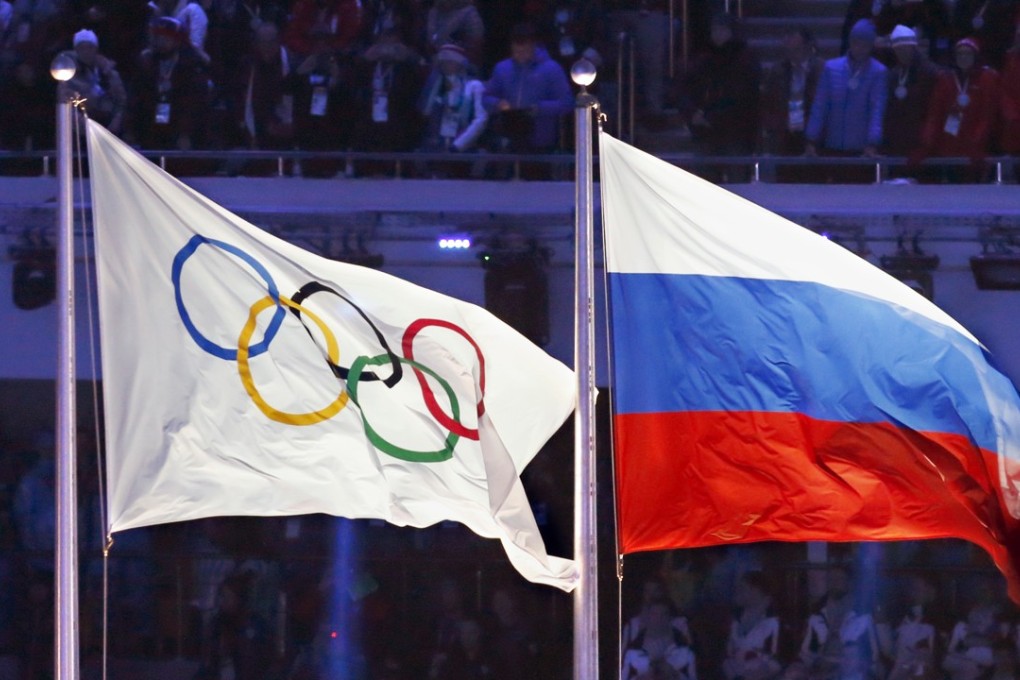Russian Olympic ban right and necessary
The decision by the International Olympic Committee to eject Russia from February’s Winter Games after evidence emerged of rampant doping is unprecedented. But it has sent the right message that cheating will not be tolerated

Respect is one of the core values of Olympism and Russia ignoring this is why the nation has been ejected from February’s Winter Games in Pyeongchang. It is about regard for the rules and regulations, fair play and others; the fight against unethical behaviour like doping is obviously a significant part. The International Olympic Committee, confronted with evidence of rampant drug use by hundreds of the country’s athletes and tampering by sports officials of urine samples, took the historic step of banning the nation’s participation under the Russian flag. Such punishment is unprecedented, but is also right and necessary to uphold the integrity of the Olympic movement.
The ruling is also a surprise; Russia is a core IOC member and has vehemently denied findings by a series of investigations of a state-sponsored system of cheating. President Vladimir Putin has claimed the accusations are an attempt by the United States to undermine his country and affect the outcome of presidential elections in March. But such claims cannot ignore the reality that no other country has had so many athletes suspended or banned for doping offences. The decision by the IOC’s executive committee came after pouring over a report looking at the London Olympic Games in 2012 and Sochi Winter Olympics in 2014 that concluded that there had been a “systemic manipulation of the anti-doping system in Russia” that was being directed by the country’s sports ministry.
Russian athletes who have no doping record will still be able to compete in South Korea, but only under the Olympic flag. That means for the first time at any Olympic games, Russia will win no medals. A US$15 million fine has been imposed on the Russian Olympic committee, many high-ranking Russian members have been removed from the IOC and a lifetime ban has been slapped on former sports minister Vitaly Mutko, now a deputy prime minister. The actions could be seen as redemption for the IOC’s much-criticised decision before the Rio Olympic Games last year, when, despite similar doping allegations, it left the participation of Russian sports people up to the individual international sporting federations.
There has been no such buck-passing this time and Russia has been given the clearest of messages about doping. The ban was necessary to assure sports people who compete fairly that their honesty is being safeguarded – although some at Pyeongchang may disagree with Russians participating. But it was also essential for the Olympic movement, with its reputation already tainted by corruption, commercialism and, of course, doping. Its image has been bolstered with the edict that cheating will not be tolerated.
